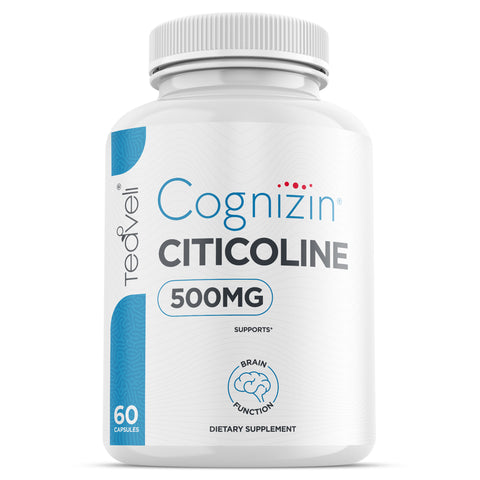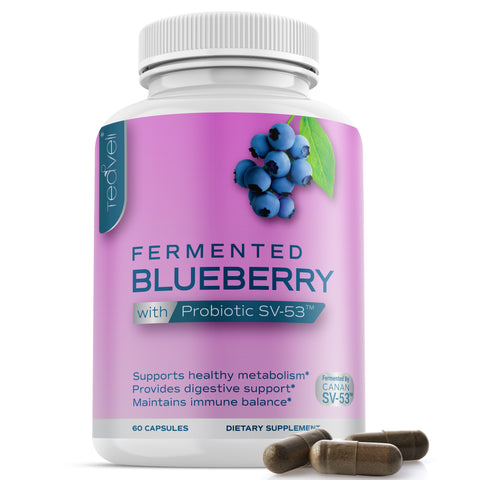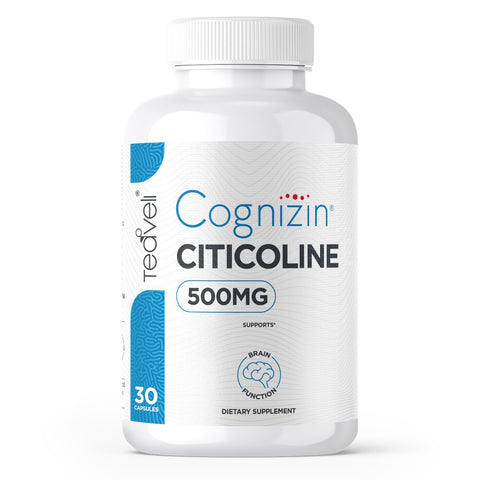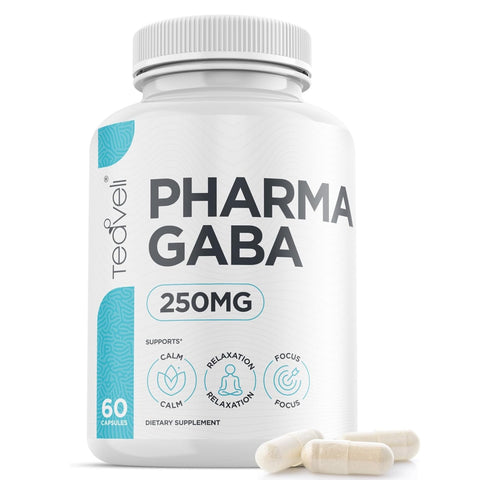How Much Resveratrol Should I Take?

Resveratrol is a natural polyphenol found in the skin of grapes, berries, and peanuts, and has gained attention for its potential health benefits. But how much of it should you take to reap these benefits? Let's dive into the details.
Why Take Resveratrol?
Resveratrol, a natural compound found in red wine, grapes, berries, and peanuts, has garnered significant attention for its potential health benefits. This powerful antioxidant is part of a group of compounds called polyphenols, known for their ability to fight damage by free radicals in the body, thereby reducing oxidative stress.
One of the most compelling reasons to consider incorporating resveratrol into your wellness routine is its potential impact on heart health. Studies suggest that resveratrol can improve cardiovascular health by increasing the levels of high-density lipoprotein (HDL) cholesterol (often referred to as "good" cholesterol) and preventing the oxidation of low-density lipoprotein (LDL) cholesterol, which can lead to plaque buildup in arteries. Additionally, its anti-inflammatory properties can help reduce the risk of heart disease by preventing blood clots and lowering blood pressure.
Beyond heart health, resveratrol has shown promise in supporting brain health. Its ability to cross the blood-brain barrier allows it to protect brain cells from damage. Research indicates that resveratrol may enhance brain function and memory, potentially offering protection against cognitive decline associated with aging and neurodegenerative diseases like Alzheimer's.
Resveratrol's role in longevity and anti-aging has also been a subject of interest. It is thought to activate certain genes related to longer lifespan and better health maintenance during aging. By mimicking the effects of calorie restriction, resveratrol could potentially extend lifespan and improve overall healthspan, making it a valuable supplement for those interested in healthy aging.
In summary, resveratrol offers a wide array of health benefits, from cardiovascular and brain health to potential anti-aging effects. Its natural occurrence in certain foods and availability as a supplement make it an accessible option for those looking to enhance their health and well-being. As with any supplement, it's important to consult with a healthcare provider to ensure it's appropriate for your individual health needs and circumstances.
Which Resveratrol is Best?
Choosing the best resveratrol supplement involves understanding the complexities of its bioavailability and the significance of its active forms. Resveratrol, a natural polyphenol found in grapes, berries, and peanuts, is celebrated for its potential health benefits, including anti-aging, anti-inflammatory, and heart health properties. However, not all resveratrol supplements are created equal.
The primary challenge with resveratrol supplementation is its low bioavailability, meaning that a significant portion of what's ingested is not effectively absorbed by the body. This issue has led scientists to explore various formulations to enhance the absorption and efficacy of resveratrol.
There have been various advancements like liposomal delivery and slow-release that protect the it from degradation in the digestive system and enhance its absorption into the bloodstream. Our advanced trans-resveratrol supplement with 12 hour sustained release is one such Reseveratrol supplement that improved the bioavailability of Resveratrol by 250%#

Another critical factor to consider is the form of resveratrol. Resveratrol exists in two isomers: cis-resveratrol and trans-resveratrol. The trans-resveratrol isomer is regarded as the more biologically active and beneficial form. When selecting a resveratrol supplement, it's essential to ensure that it contains a high concentration of trans-resveratrol to maximize its potential health benefits.
In conclusion, the best resveratrol supplement is one that employs advanced delivery systems like liposomal technology to improve bioavailability and contains a high proportion of the active trans-resveratrol form. These factors are crucial for ensuring that the supplement you choose can provide the maximum health benefits associated with resveratrol. When selecting a product, always look for clear labeling that specifies the form and concentration of resveratrol, as well as any technologies used to enhance its bioavailability.
Is Resveratrol Safe?
Resveratrol is generally considered safe for most people when taken in moderate amounts. However, high doses may interact with blood thinners and other medications. As with any supplement, it's crucial to consult with a healthcare professional before starting, especially if you have underlying health conditions or are taking other medications.
Who Should Take Resveratrol?
Resveratrol, a potent polyphenol found in the skin of red grapes, berries, and peanuts, has garnered significant attention for its potential health benefits. Known for its antioxidant and anti-inflammatory properties, resveratrol may offer a range of health advantages, making it an appealing supplement for various individuals.
Individuals concerned about cardiovascular health may find resveratrol particularly beneficial. Research suggests that resveratrol can support heart health by improving blood flow and reducing inflammation, potentially lowering the risk of heart disease. Those with a family history of cardiovascular issues or existing heart conditions might consider resveratrol as part of their wellness regimen, always in consultation with a healthcare provider.
For those focused on anti-aging and longevity, resveratrol might hold the key to a more youthful existence. Its antioxidant properties can combat oxidative stress, a major contributor to aging. By potentially activating certain genes associated with longevity, resveratrol could help slow the aging process, making it a popular choice among individuals aiming to preserve their youthfulness and vitality.
People with metabolic concerns, such as those with diabetes or at risk of metabolic syndrome, may also benefit from resveratrol. Some studies indicate that resveratrol can improve insulin sensitivity and help manage blood glucose levels, offering a complementary approach to managing metabolic health.
Athletes and fitness enthusiasts might consider resveratrol to enhance their physical performance and recovery. Its anti-inflammatory effects can aid in reducing muscle soreness and improving recovery times, allowing for more efficient training sessions.
However, it's important to note that while resveratrol shows promise, more research is needed to fully understand its effects and optimal dosage. Individuals interested in taking resveratrol should consult with a healthcare professional to ensure it's appropriate for their health profile and does not interfere with any medications or conditions.









